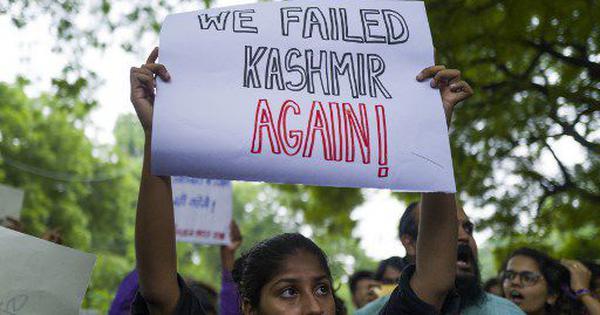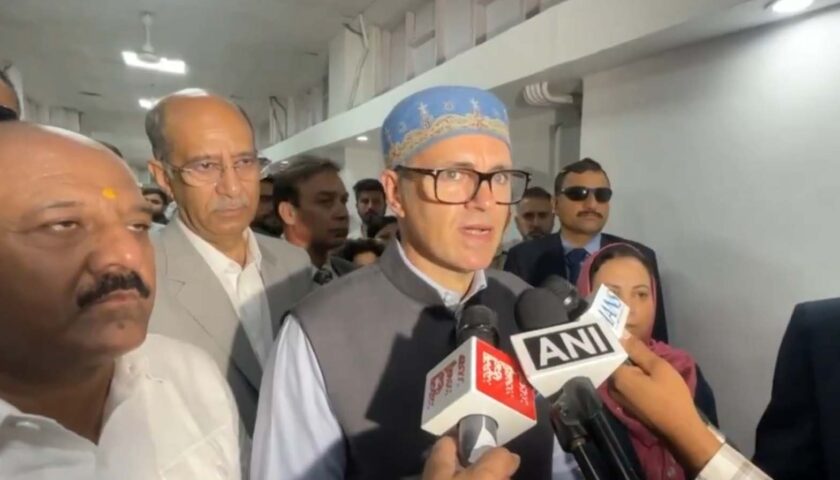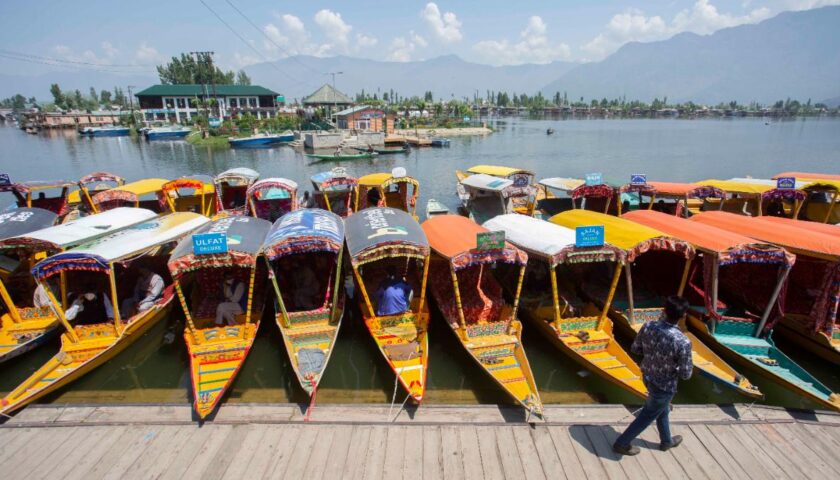Punjab parties target Omar for remarks on water sharing
Chandigarh, 21 June 2025 – A political storm has erupted in Punjab following remarks by Jammu and Kashmir Chief Minister Omar Abdullah, who recently declared that his government will not allow any proposals to divert surplus water from the region to other states. The statement has triggered sharp responses from across the political spectrum in Punjab, with leaders accusing Abdullah of politicizing a national resource issue and ignoring Punjab’s historical and geographical concerns.
Leaders from the ruling Aam Aadmi Party (AAP), Punjab Congress, and the Shiromani Akali Dal (SAD) united in criticism, saying the decision affects national interest and undermines Punjab’s rightful claim over river water, particularly in the context of inter-state sharing and national food security.
AAP Hits Out: “Omar Cannot Take Unilateral Decisions”
Reacting strongly, AAP spokesperson Neel Garg said Omar Abdullah was overstepping his jurisdiction by making statements on a subject governed by the Central Water Commission and Union government.
“Omar Abdullah is politicising the water issue when he knows very well that the authority to decide on river water sharing lies with the Centre,” Garg said in a formal statement. “He cannot take a unilateral decision.”
Garg asserted that Punjab is facing an acute water crisis, and thus has a legitimate and urgent claim over any available surplus water from J&K. He also invoked Punjab’s strategic role in the nation, both in defense and agriculture:
“Whenever there is a war, Punjab becomes the battleground. And when the country needs foodgrains, Punjab becomes its granary. Now that surplus water is available, we cannot be denied our rightful share,” he said.
Punjab Congress Accuses Abdullah of “Partisan Rhetoric”
Punjab Congress President Amarinder Singh Raja Warring echoed similar sentiments, criticizing Abdullah’s refusal to consider canal projects that would direct surplus water to Punjab. He stressed that such infrastructure is aimed at preventing Indian water from flowing into Pakistan, and thus concerns national interest.
“It is unbecoming of the J&K Chief Minister to make such remarks when the canals proposed are intended to conserve water that would otherwise flow into Pakistan,” Warring said.
Taking a sharp jab at Abdullah’s intentions, he asked:
“Where will you send the water and where will you divert the canals? Punjab lies in the natural course of flow. Blocking water projects makes no sense, unless the aim is to stir political controversy.”
Warring labeled Abdullah’s remarks as “partisan political rhetoric”, adding that such posturing is dangerous when the issue involves national resources and inter-state coordination.
SAD Cites Historical Injustice, Warns Against Repetition
Joining the chorus, Shiromani Akali Dal senior leader and former minister Daljit Singh Cheema called Omar Abdullah’s stance “deeply unjust” to Punjab, which has already suffered from decades of historical discrimination over river waters.
“It is a historical fact that the then Indira Gandhi government did grave injustice to Punjab by giving away a significant share of our river water to non-riparian states like Rajasthan,” Cheema said.
He added that any further denial of water to Punjab would repeat past mistakes and exacerbate the state’s agricultural and environmental challenges.
“Every time it is Punjab which suffers. River waters were snatched from our state. Now, Omar Abdullah is trying to do the same under a different guise.”
The Larger Debate: Who Controls India’s Waters?
At the heart of the controversy is the complex legal and constitutional framework surrounding inter-state river water sharing in India. While states can initiate local water management policies, inter-state water disputes and allocations fall under the purview of the central government.
The Indus Waters Treaty, existing interstate water tribunal rulings, and the River Boards Act frame the broad legal landscape for such issues. Experts argue that politicizing water can aggravate existing tensions, especially between upper and lower riparian states.
Strategic Stakes and National Implications
The issue has gained additional sensitivity due to the Indus River’s international significance, with a major portion flowing into Pakistan. Any disruption or restriction of upstream water projects can have geopolitical and security implications, especially in the backdrop of India-Pakistan water diplomacy.
Punjab, as a downstream riparian state, has repeatedly voiced concerns about water loss and ecological degradation. With agricultural yields already under stress due to groundwater depletion, Punjab leaders view surplus water from J&K as both a necessity and a right.
Omar Abdullah’s Remarks in Context
While Omar Abdullah has not elaborated on the reasons behind his refusal, sources suggest the decision may be driven by local environmental concerns, internal political pressures, and an effort to assert state autonomy over natural resources.
However, critics argue that such assertions must be balanced with national needs, inter-state cooperation, and long-term water sustainability strategies.
What’s Next?
With political pressure building in Punjab, the issue is expected to be raised in the Parliament and possibly taken up by the Union Jal Shakti Ministry. Calls for forming a technical committee or tribunal to evaluate surplus water distribution have already begun within policy circles.
If unresolved, the debate could escalate into a full-fledged interstate water dispute, similar to past conflicts involving the Sutlej-Yamuna Link (SYL) canal, Cauvery waters, or the Krishna-Godavari basin.




